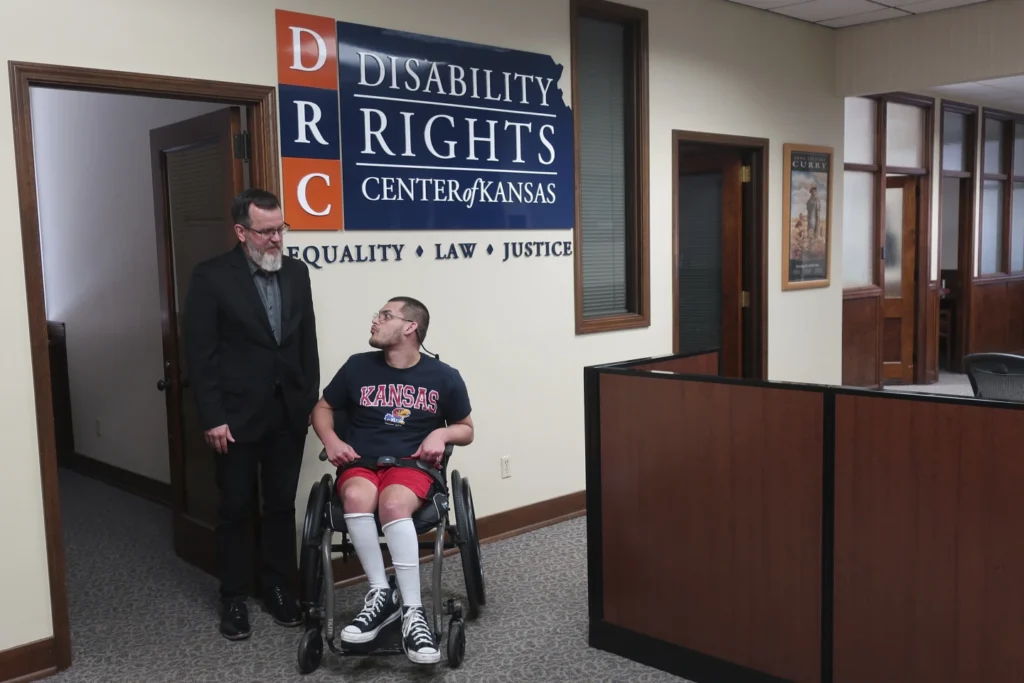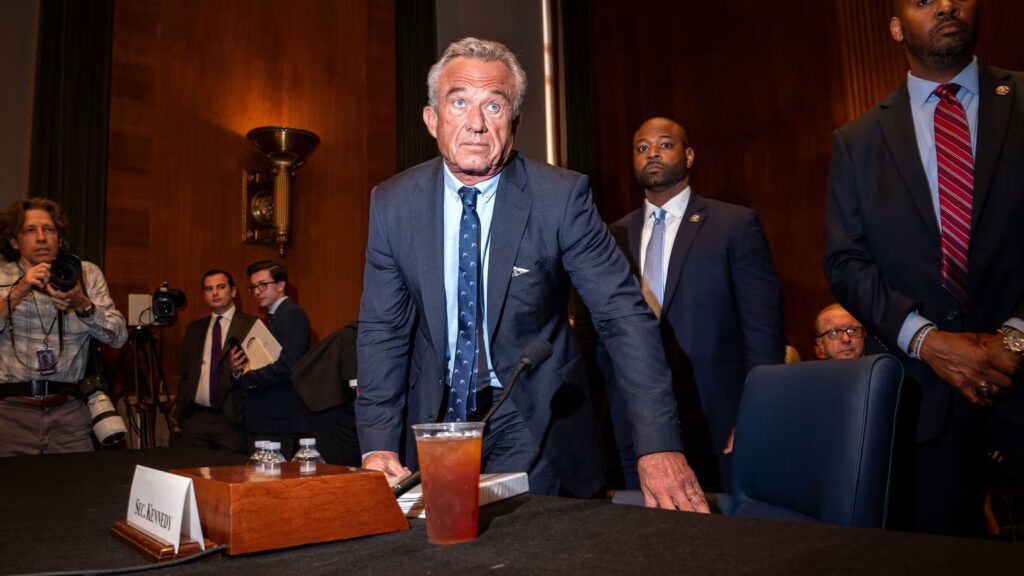ADA Anniversary Overshadowed by Disability Rights Funding Cuts

ADA Anniversary Overshadowed by Disability Rights Funding Cuts
TOPEKA, Kan. — On the 35th anniversary of the Americans with Disabilities Act (ADA), disability rights advocates across the United States face the threat of deep federal funding cuts that could drastically reduce their capacity to protect and support individuals with disabilities.
Federal grants totaling $180 million annually fund critical operations of Protection and Advocacy systems (P&As) — organizations that investigate abuse, assist with Medicaid navigation, and advocate for inclusive community services. But the Trump administration’s 2025 budget proposal aims to eliminate three of those grants and slash a fourth, potentially cutting over 60% of total federal support.
Lifesaving Support at Risk
People like Nancy Jensen, now a disability rights advocate in Colorado, credit these centers with transforming their lives. Jensen escaped an abusive group home after Kansas’ P&A investigated conditions and helped shut it down in 2004. Without these organizations, she said, “people with disabilities will have no backstop.”
These centers also enable independent monitoring — from unannounced visits to group homes to filing lawsuits that challenge state inaction. Many states, including Iowa and Texas, have faced legal action prompted by these investigations.
Growing Need, Shrinking Support
The cuts come as demand for help increases. A new Republican tax and budget law imposes work-reporting requirements that complicate access to Medicaid, already a labyrinth for many applicants.
-
Disability Rights Texas says 68% of its funding comes from federal grants.
-
Kansas’ Disability Rights Center and Disability Rights Iowa rely entirely on them.
-
Nationally, 85% or more of P&A operating budgets depend on federal dollars, according to Marlene Sallo of the National Disability Rights Network.
“As cases come in, we’ll have to take fewer,” said Sean Jackson, executive director of Disability Rights Texas.
White House Rationale and Pushback
The Trump administration justifies the cuts as promoting state flexibility. Budget director Russell Vought argued in a Senate letter that “niche” services should be managed locally — if at all.
But critics warn that allowing states to control funding for watchdogs that sue those same states creates a dangerous conflict of interest. Federal law has long maintained these groups’ independence from state governments.
“We need an independent system to hold them accountable,” said Rocky Nichols, who leads the Kansas center.
Real-World Consequences
Past cases demonstrate the importance of federal funding:
-
In 2009, Disability Rights Iowa investigated abuse at a turkey plant employing men with developmental disabilities.
-
In 2004, a private interview at a Kansas group home led to federal prison sentences for abusive caretakers.
-
A 2023 lawsuit forced Iowa to commit to community-based care for children with behavioral needs.
-
Ongoing litigation in Texas challenges the placement of thousands with intellectual disabilities in under-resourced nursing homes.
“There are no better eyes or ears,” said Steven Schwartz, founder of the Center for Public Representation.
Source: AP News
: 472







